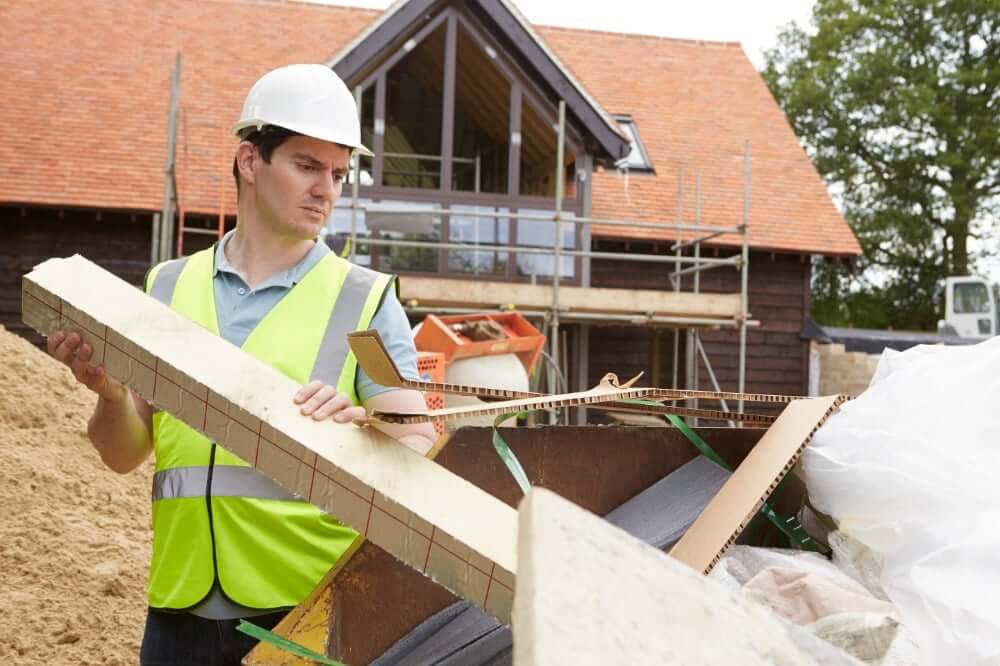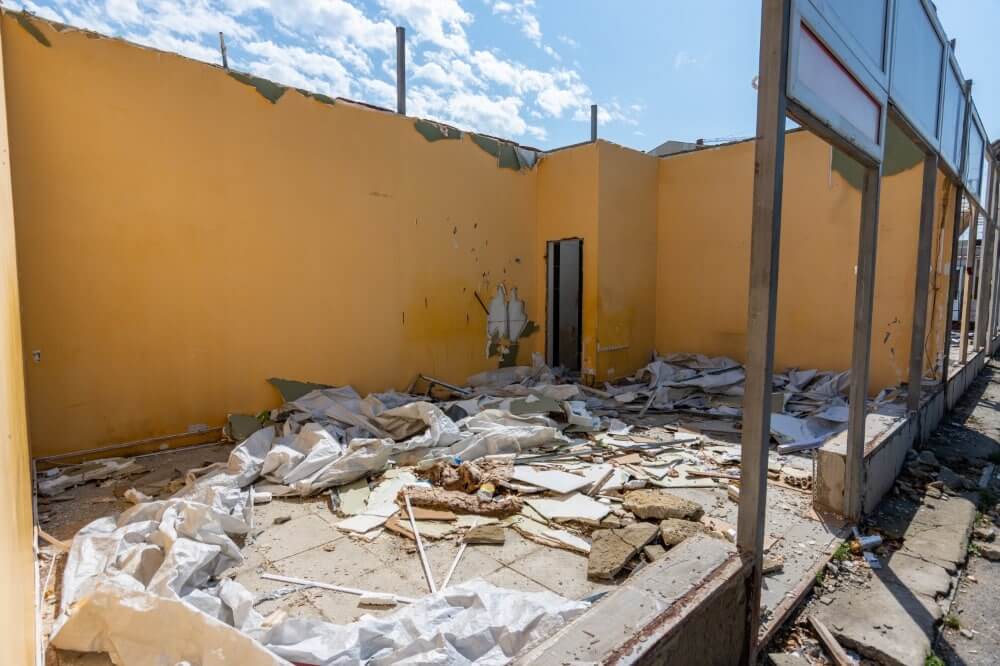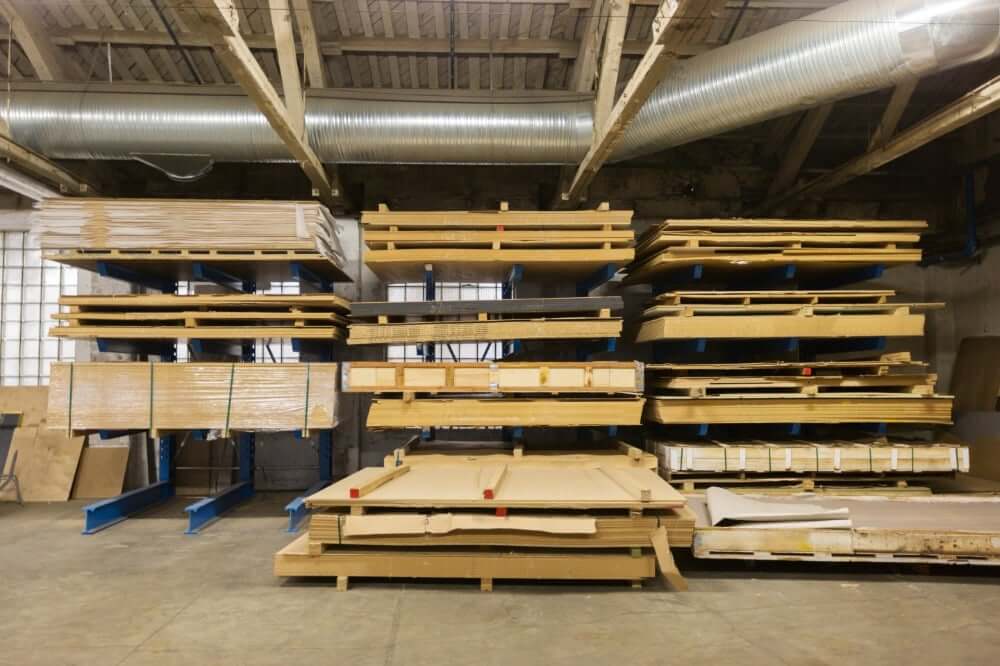Are you planning to reduce construction and demolition waste on your construction site? If so, you have come to the right place. There are many methods of reducing the construction and demolition waste generated from your construction project. Implementing some of the most effective ways to reduce your construction and demolition waste can prevent the debris from ending up in landfills across the country and harming the environment in the process. This article provides information on what you need to do to reduce construction waste and demolition waste on your construction site.
What Is Construction Waste And Demolition Waste?
Construction and demolition (C&D) waste is usually generated from the construction, repair, and demolition of commercial and residential buildings. C&D waste consists of wood, concrete, steel, gypsum, plaster, masonry, asphalt, metal, and other debris. Some waste can contain hazardous materials such as lead and asbestos at times. Hence, they should be eliminated systematically without harming the environment and precious lives.
Landfills that accept waste have limited capacity. Many of these sites have already closed or are scheduled to close. The best way to reduce the impact of construction and demolition waste is to reduce the generation of such waste when constructing or demolishing a residential or commercial building. Here are some of the most effective methods of reducing construction and demolition waste.

Tips for Construction Waste Management
Plan Ahead To Generate Less Waste
Reducing mistakes during the construction or demolition project is one way to reduce the waste generated from the project. As the project manager, you can plan and organize the project correctly to create less waste in the process. The exact measurements of the building will let you order only the required amounts of construction materials. Conduct regular checks to know what you have on-site and what you need. Always order what you need, and don’t order extra. Having reuse and recycle bins on-site can help reduce the waste that would go to landfills. Inform all construction workers to sort the waste, which will help reduce the amount of the waste after the project is complete.

Order The Right Amount Of Materials
Seek input from the most experienced and knowledgeable construction workers on-site before you begin the construction project. That way, you can order the right amount of materials required for the project – not too much or too little. Consider the experience you had last time. For example, if you ordered too much concrete or wasted two-by-fours during the previous project, figure out why it happened and learn from your mistakes. You will have fewer problems with demolition waste when you order the right amount of materials for your project.
De-Construct Before You Demolish
If you plan to demolish an old building, you should plan to de-construct the building before a complete demolition. A partial tear down before entirely demolishing the building will help preserve some materials for reusing and recycling. For example, old windows, ceiling material, and floor tiles may be salvageable for future usage or recycling. On the other hand, de-construction will help reduce the release of toxic substances to the environment. You will need to transport fewer materials to the landfill when you de-construct the building before entirely demolishing it.

Work With Suppliers
Ask your suppliers to deliver construction materials on returnable pallets. Ask if they will buy back any materials that you did not use. The supplier can always pick up the pallets when they make further deliveries or you complete your project. You save money and reduce your construction project waste in the process.
Store The Construction Materials Properly
Storing your construction materials properly is another effective method of reducing your demolition waste in the process. For example, you can keep lumber on level blocking and under a tarp to minimize damage to the items. Stack the bricks and other masonry and cover them to protect the materials. Theft is a big problem in most construction sites across the country. Keep all the construction materials in a highly secure location to prevent theft and save money in the process.

Reuse Construction Materials When Possible
Consider reusing or donating construction/demolition waste on your site. Before you toss the items into a dumpster, consider reusing or donating the materials that are still in good condition. Sort through all waste to check for any reusable materials that can be salvaged and reused. You can donate any materials in good condition to local organizations if you are not using them in the future. For example, consider donating doors, windows, and hardware fixtures to charitable organizations in the area that need such materials.
Recycle Materials
Consider providing recycle bins to each worker to toss in reusable materials. You should have a viable recycling strategy to reduce the demolition waste on your construction site. For example, baths, sinks, and countertops are common materials that you can recycle. Some of the other materials you may recycle are metallic objects, cardboard, untreated wood, gravel, window glass, plastics, bricks, paper, drywall, asphalt, and roofing materials.
Rent A Dumpster For Non-Recyclable Construction Waste
Once you have salvaged the materials that could be reused and recycled, the final step is to toss the remaining construction and demolition waste into a dumpster for evacuation. Renting a dumpster from KC Dumpster can help exponentially with demolition waste management. Make sure you plan and order the right size dumpster. KC Dumpster’s 40-yard dumpster is recommended for larger construction and demolition projects. A dumpster will save you time, labor, money and help reduce your construction and demolition waste. The right dumpster rental will make sure your construction and demolition waste is evacuated once and for all. Best of all, we deliver right to you and help you haul off the mess.
Efficiency is key to controlling and reducing the amount of waste your project produces. With the tips above, KC Dumpster hopes to help you reduce demolition and construction waste while also helping your project run smoother. Contact KC Dumpster today!
Leave A Comment